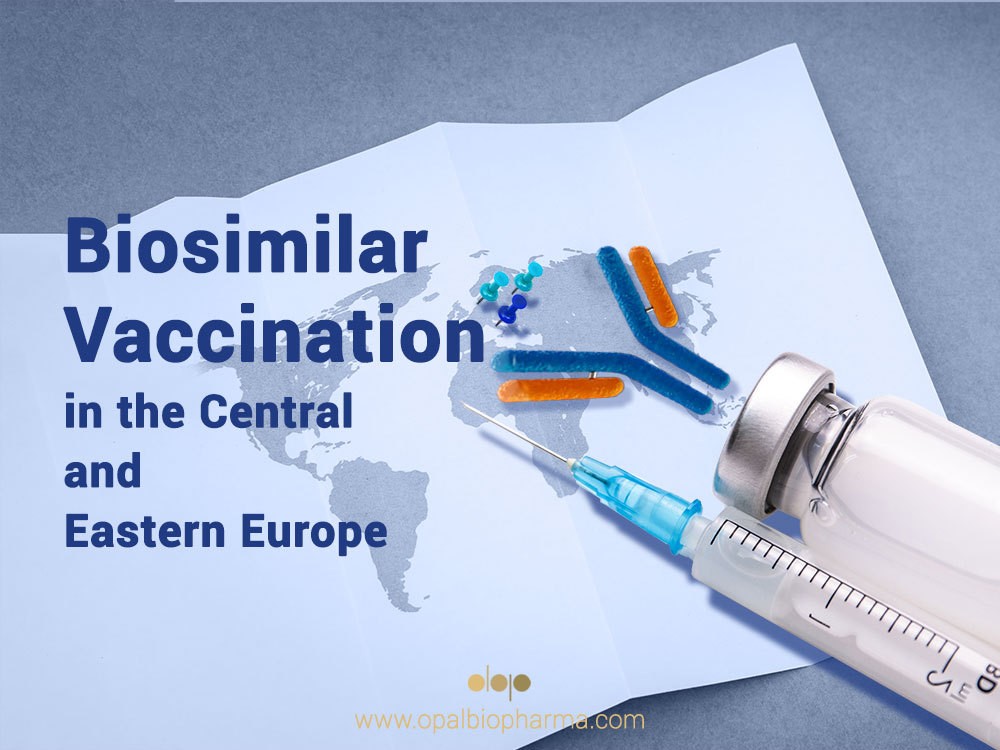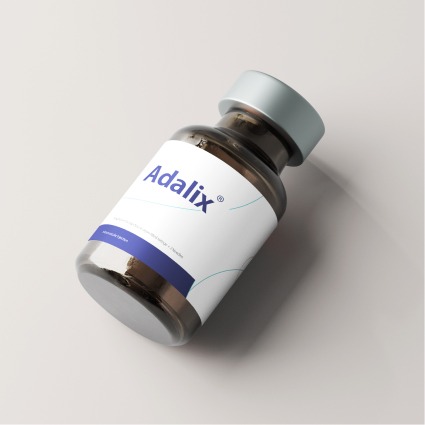Introduction
The pharmaceutical landscape in Central and Eastern Europe is progressively embracing the wave of biosimilar vaccinations, marking a pivotal shift in the region’s healthcare paradigm. The term “biosimilar vaccination in Central and Eastern Europe” encapsulates a burgeoning sector that holds promise in bridging the gap between advanced healthcare solutions and cost-effectiveness. As the global healthcare community pivots towards more sustainable and accessible immunization strategies, Central and Eastern Europe are emerging as significant players in adopting and advancing biosimilar vaccinations. The narrative of biosimilar vaccination in this region is intricately woven with regulatory, economic, and clinical threads, each contributing to a larger tapestry of public health advancement. This article delves into the intricacies of biosimilar vaccination in Central and Eastern Europe, shedding light on the latest advancements, achievements, advantages, and the anticipatory narrative of disease management in the presence and absence of biosimilar vaccinations.
Current Landscape of Biosimilar Vaccination in Central and Eastern Europe
The landscape of biosimilar vaccination in Central and Eastern Europe (CEE) is on an upward trajectory, with many countries adopting these cost-effective solutions to address the healthcare challenges. The rising burden of chronic diseases, along with the need for affordable healthcare solutions, is propelling the adoption of biosimilar vaccines. Moreover, healthcare reforms and the endorsement of biosimilars by regulatory authorities in the region are further fostering growth. However, there are still hurdles like misinformation, skepticism among healthcare professionals, and varying regulatory frameworks that slightly impede the seamless uptake of biosimilar vaccination.
Regulatory Framework
The approval of new biosimilars by the Bulgarian Drug Agency in 2023 exemplifies the evolving regulatory framework favoring biosimilar vaccinations in Central and Eastern Europe. Similarly, the Hungarian National Institute of Pharmacy and Nutrition’s initiative to streamline biosimilar authorization showcases a conducive regulatory environment fostering biosimilar vaccination adoption.
Market Dynamics
A publication from the International Journal of Pharmacy accentuates the market challenges and opportunities posed by biosimilars, emphasizing the potential to improve patient access to essential therapies.
Clinical Implications
The case study from a Hungarian hospital, discussed in the European Journal of Hospital Pharmacy, underscores the clinical effectiveness and cost-saving potential of biosimilars, contributing to a favorable outlook toward biosimilar vaccination in Central and Eastern Europe.
Latest Advancements and Achievements
The discourse at the 2023 Biosimilars Landscape event by Drs Oskouei and Alboustani elucidated the implications of multiple biosimilars for adalimumab and how indications are extrapolated for a biosimilar, hinting at the continuous advancements in the biosimilar vaccination sector. 2023 heralds a period of significant advancements in biosimilar vaccination within Central and Eastern Europe. The region has seen a surge in the approval of biosimilars, with regulatory bodies facilitating faster approval processes. Additionally, local biopharmaceutical companies are stepping up their R&D efforts, collaborating with international entities to expedite the development and distribution of biosimilar vaccines. These achievements are not only a testament to the evolving scientific landscape but also crucial in bridging the healthcare accessibility gap prevalent in the region.
Advantages of Biosimilar Vaccination
Biosimilar vaccines offer a plethora of advantages. They significantly reduce the cost burden on the healthcare systems of Central and Eastern Europe, making vaccination programs more affordable and accessible. Biosimilars undergo rigorous testing and evaluation, ensuring their efficacy and safety. The introduction of biosimilars fosters competition, driving down prices and increasing the availability of essential vaccines. Moreover, the savings accrued from using biosimilars can be reallocated to other critical healthcare services, enhancing the overall healthcare infrastructure in Central and Eastern Europe.
Future of Diseases with and Without Biosimilar Vaccination in Central and Eastern Europe
The adoption of biosimilar vaccinations significantly influences the future trajectory of diseases in Central and Eastern Europe. With biosimilars, the region has the potential to substantially reduce the incidence and prevalence of vaccine-preventable diseases, thereby improving public health outcomes. Conversely, without the widespread adoption of biosimilar vaccinations, the burden of diseases could escalate, straining the already stretched healthcare resources. The economic and health benefits of biosimilar vaccinations are too substantial to ignore, and their adoption could mark a pivotal moment in the region’s public health narrative.
Current Health Situation Related to Biosimilar Vaccination
The ongoing developments in the regulatory and market domains, coupled with clinical validations, collectively contribute to the current health situation pertaining to biosimilar vaccination in Central and Eastern Europe. The region appears to be on a positive trajectory towards integrating biosimilar vaccinations in its healthcare infrastructure, paving the way for enhanced public health outcomes.
After delving into the comprehensive overview of biosimilar vaccination in Central and Eastern Europe, it’s pertinent to mention Opal Bio Pharma (OBP), a leading biopharmaceutical manufacturer from Oman. As one of the frontrunners in developing biosimilar vaccines, medicines, and treatment methods, OBP aims to extend its supply chain to Central and Eastern Europe, aligning with the region’s ongoing momentum in advancing biosimilar vaccination. This endeavor not only exemplifies OBP’s global outreach but also its commitment to contributing to the global biosimilar vaccination narrative.
Summary
The narrative of biosimilar vaccination in Central and Eastern Europe is unfolding as a tale of progressive adoption, regulatory facilitation, and clinical validation. With each passing day, the region’s healthcare landscape is being incrementally reshaped with the integration of biosimilar vaccinations, promising a more sustainable and accessible immunization strategy for a broader spectrum of the populace. As this narrative unfolds, the endeavors of global biopharmaceutical entities like Opal Bio Pharma are playing a pivotal role in enriching the biosimilar vaccination discourse in Central and Eastern Europe. The presence and efforts of Opal Bio Pharma embody a collaborative stride towards global public health betterment, bridging gaps and fostering symbiotic growth between advanced and emerging healthcare markets. Through such collaborative efforts and a shared vision of a healthier future, the narrative of biosimilar vaccination is not just about introducing cost-effective healthcare solutions. Still, it’s about weaving a tale of hope, resilience, and collective endeavor towards a healthier society in Central and Eastern Europe.

